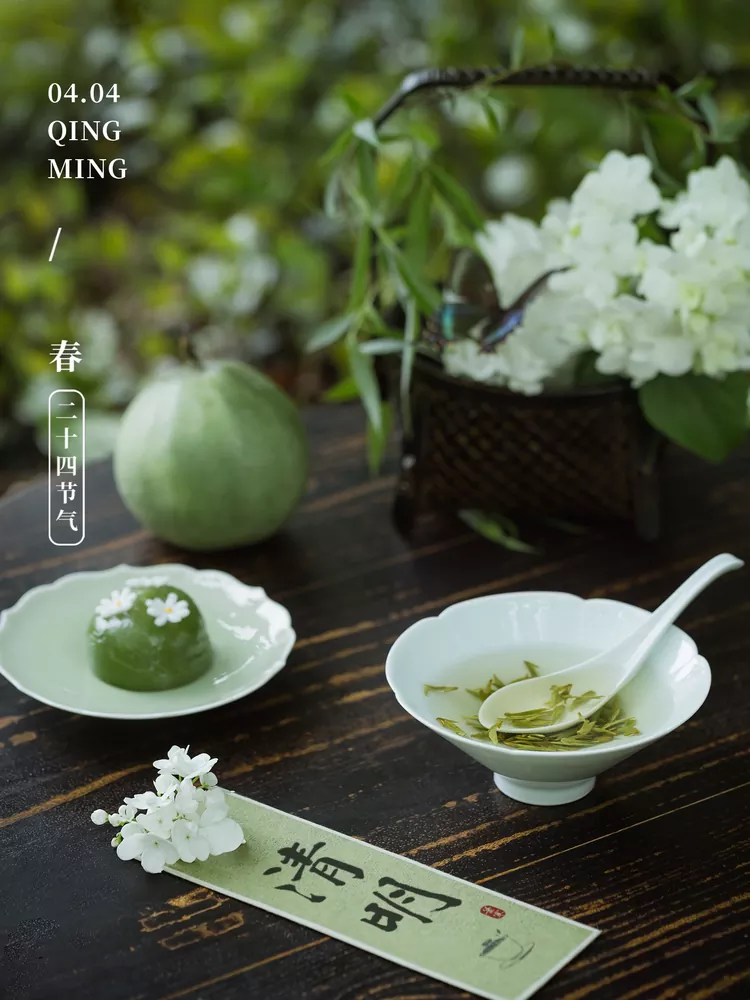Qingming Festival (清明节)
The Qingming Festival, also known as the Tomb-Sweeping Day, is a significant traditional Chinese festival that falls on the 15th day of the 4th lunar month, which typically corresponds to late April in the Gregorian calendar. It is a time for remembering ancestors, expressing filial piety, and promoting family unity.

Origins and Customs
Originating from the ancient custom of springtime sacrifices to ancestors, Qingming Festival has evolved into a day not only for grave sweeping and offering sacrifices but also for enjoying the beauty of spring. Families gather to visit the graves of their deceased relatives, clean the tombs, lay flowers, and offer food and paper money as tokens of respect and remembrance.
In addition to these solemn rituals, people engage in various spring-themed activities such as hiking, kite-flying, and planting trees, embracing the revival of nature after the cold winter. Traditional foods like Qingtuan (green rice balls made with glutinous rice and filled with sweet or savory ingredients) are also consumed during this period.

Significance
The Qingming Festival embodies Chinese culture's reverence for ancestors and the importance of family bonds. It serves as a reminder to honor the past and cherish the present, fostering a sense of continuity and identity among generations.
Related Terms (中英文对照)
- Qingming Festival:清明节
- Tomb-Sweeping Day:扫墓日
- Ancestor Worship:祭祖
- Filial Piety:孝道
- Grave Sweeping:扫墓
- Sacrifice Offerings:祭品
- Paper Money:纸钱
- Qingtuan:青团
- Hiking:徒步旅行
- Kite-Flying:放风筝
- Planting Trees:植树
The Qingming Festival, with its blend of solemnity and joy, reflects the unique harmony between respecting the past and celebrating life in Chinese culture.








